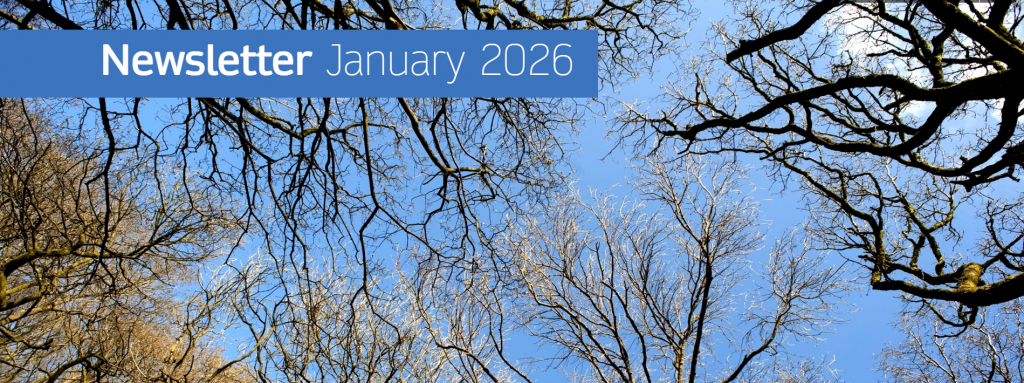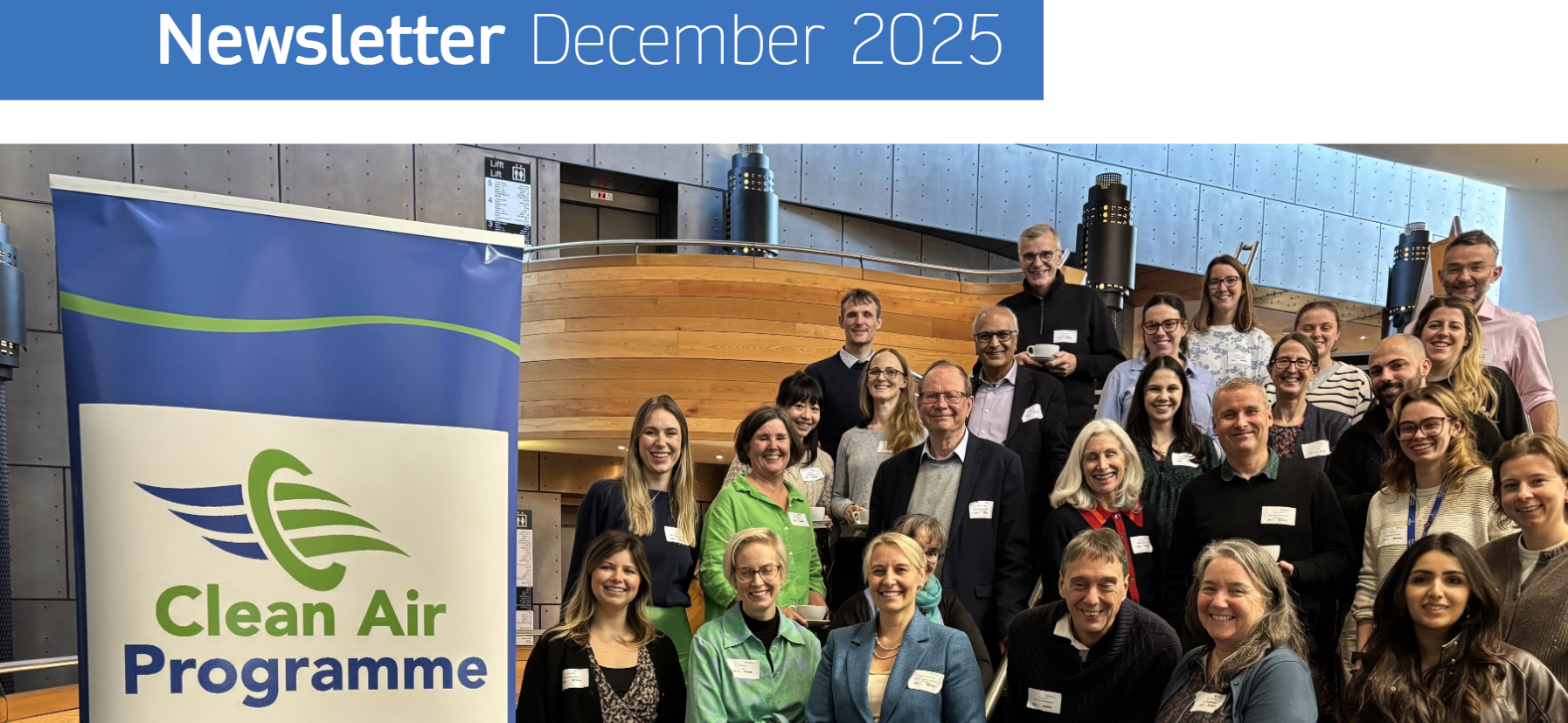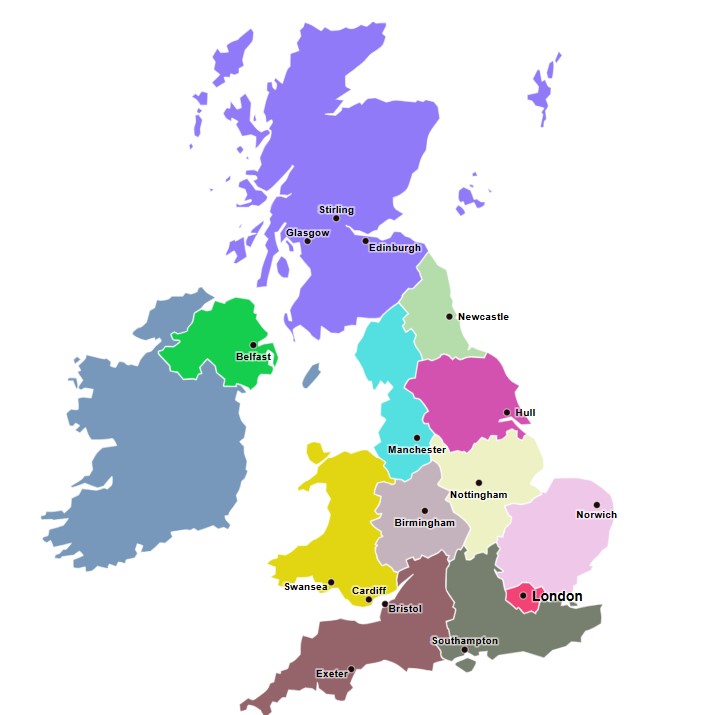Tackling indoor and outdoor air pollution for a healthier future
We bring together leading scientists and organisations to better predict air pollution’s health effects, with a focus on vulnerable groups like children and the elderly. Our work enables researchers to effect change where it is needed, while helping industries develop emission-reducing technologies for cleaner growth and reduced health risks.
Spring workshops announced!

Dr Neil Rowland People in all regions of the UK are breathing cleaner air than they…
Read more

The UKRI SPF Clean Air Programme have produced a resource to support and promote local authority-university…
Read more

Prof Sir Stephen Holgate National Physical Laboratory, Teddington 8th– 9th July 2025 On July 8th and…
Read more
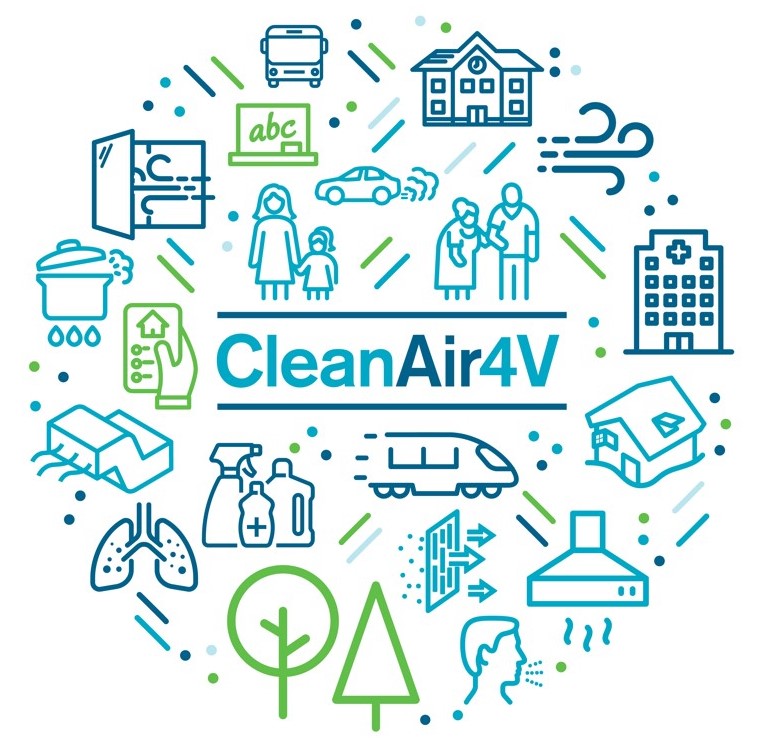
The aim of CleanAir4V is to develop innovative and cost-effective behaviour and technology interventions to reduce further air pollution exposure and improve health of vulnerable groups…

The aim of BioAirNet is to act as the leading voice for the UK BioPM science community by taking a transdisciplinary approach to understand the complexity and connectivity among people…
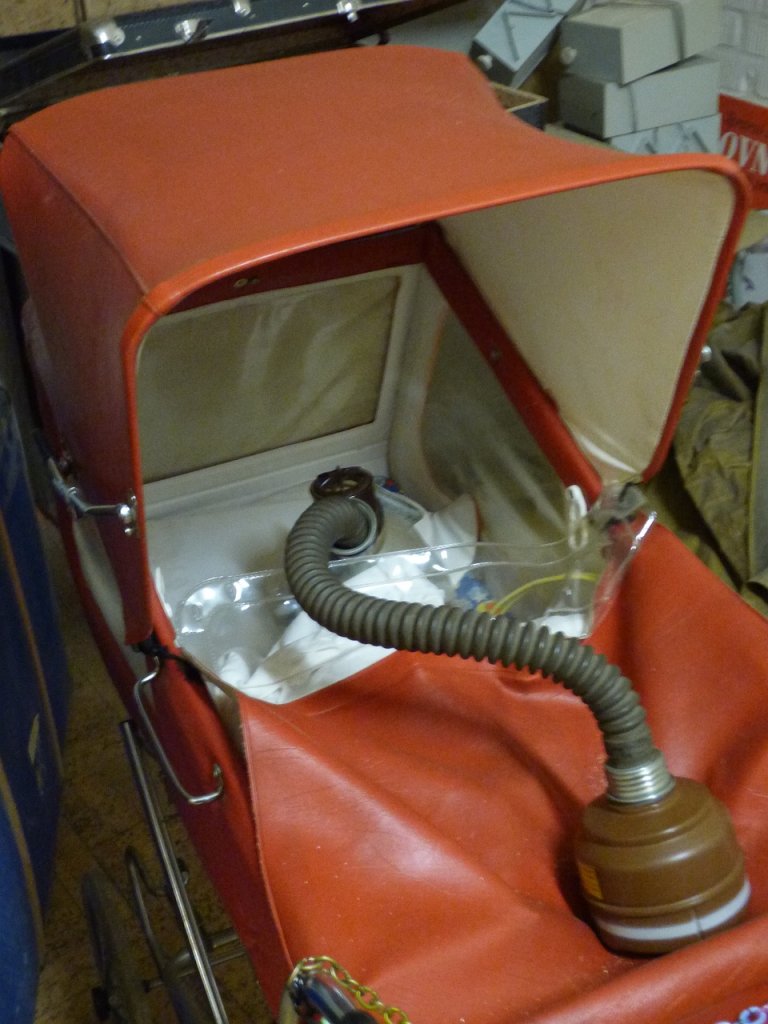
Led by: Prof Cathy Thornton, Swansea University Pregnant women have a unique position in our efforts…
View all projects
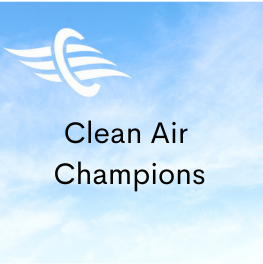
The Champions bring together outstanding researchers across atmospheric, medical and social science to develop practical solutions for air quality issues.
Read more
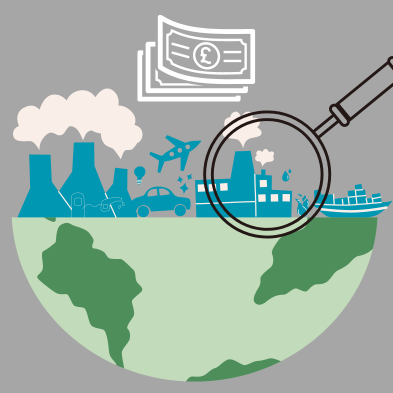
Funding is through the UKRI Strategic Priorities Fund (SPF). Wave 2 aims to tackle new and emerging air quality challenges and address the associated health impacts on groups of people most at risk.
Read more

Register now to join our vibrant Clean Air Community.
Read more
UK Interactive Map
Explore our interactive map and see the work our Champions have been doing in your area.
Delivery Partners
The Clean Air programme is jointly delivered by the Natural Environment Research Council (NERC) and the Met Office, with others.
See all









